Seneca Park Zoo Summer Programming
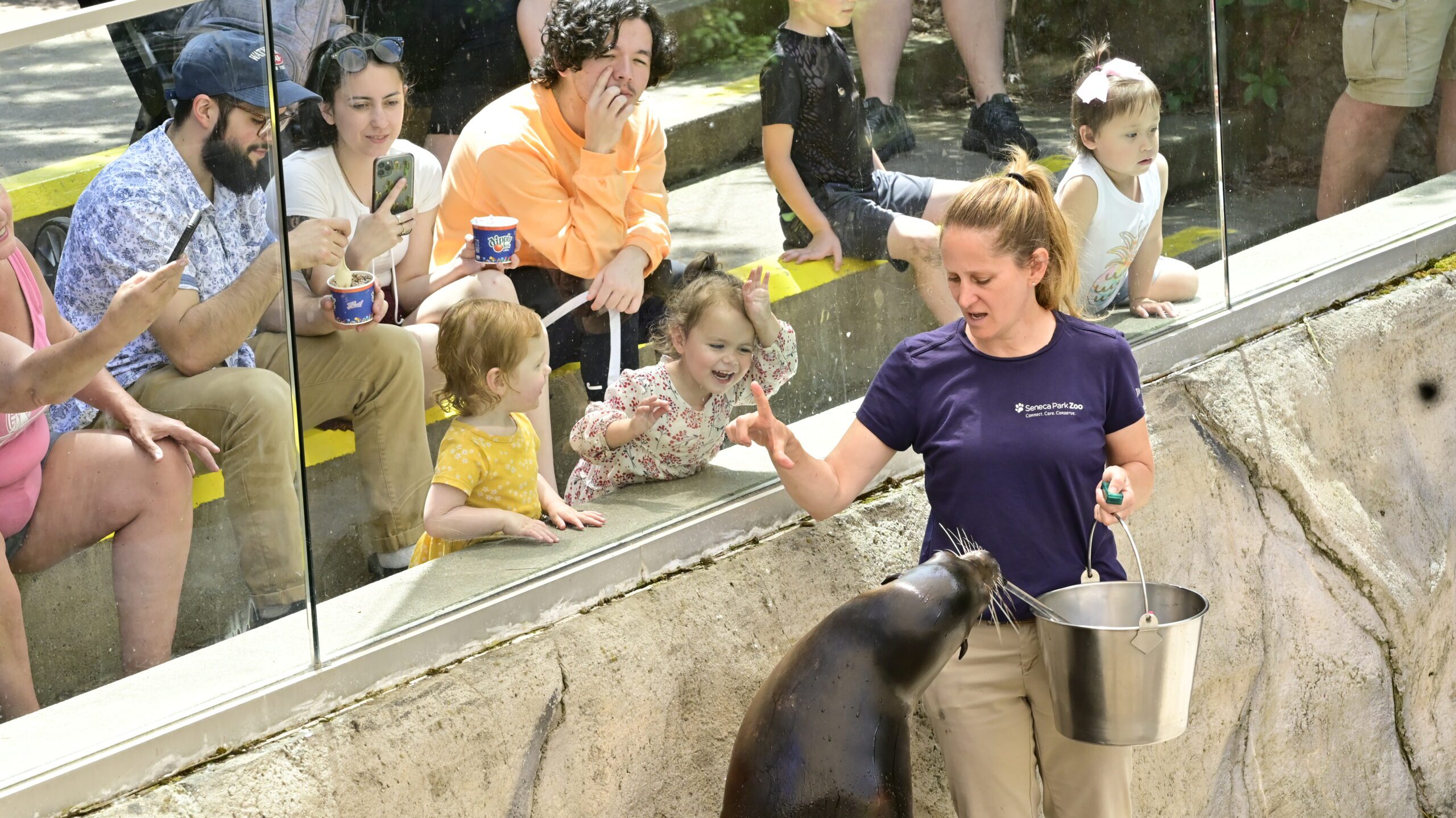

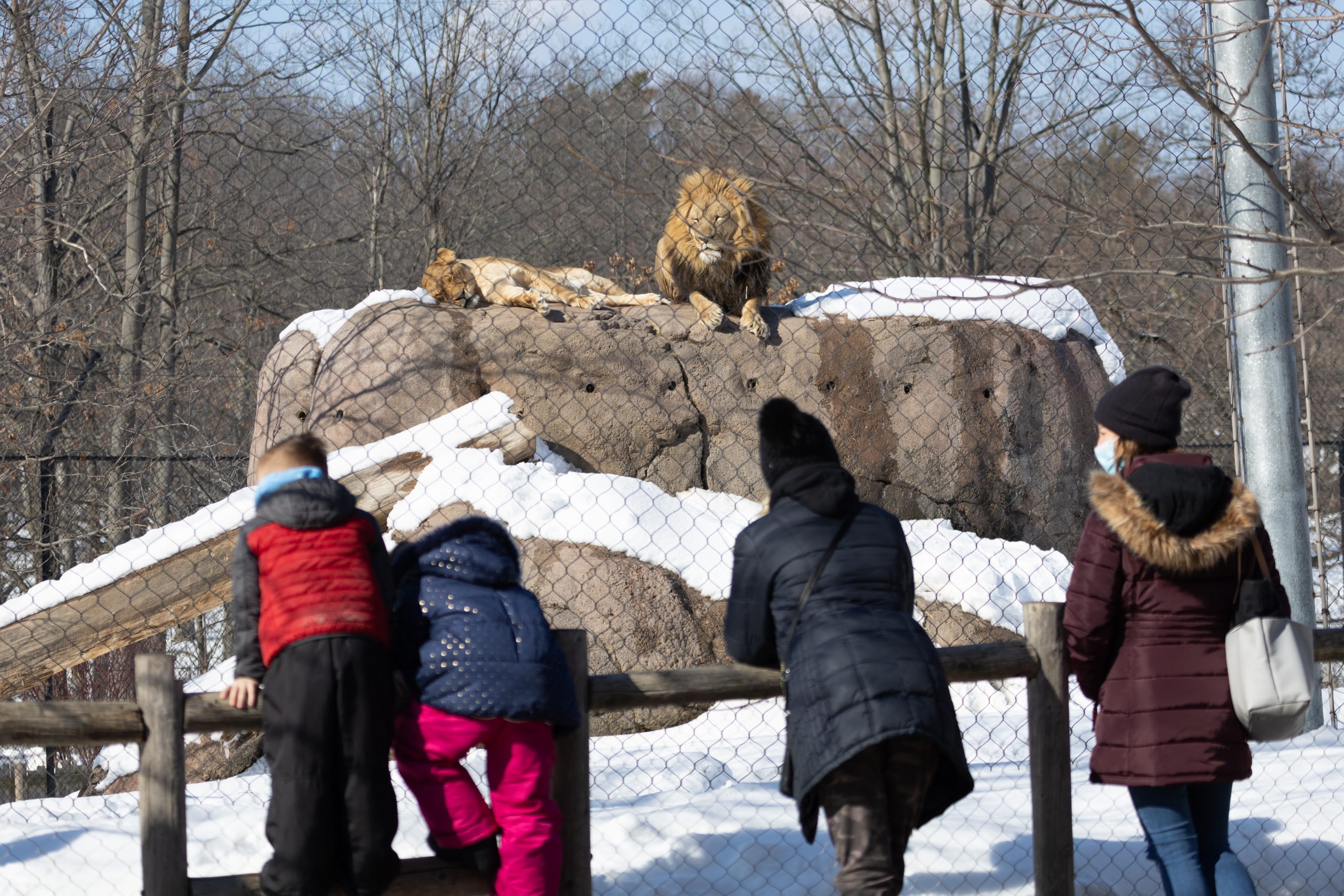

February 2022
Free Youth February is back at Seneca Park Zoo! Each adult who purchases an admissions ticket from now through February 28 can have up to five youth guests (ages 3-11) join them on their Zoo visit for FREE. Adult admission (ages 12-62) is $10 during the winter season.
Free youth offer only valid on the same day of purchase.
Now through March 31, Seneca Park Zoo is open 10 a.m. to 4 p.m. with last entry at 3 p.m. The Gate opens at 9:30 a.m. for members.Get Tickets/ ReservationPLAN YOUR VISITREAD THE PRESS RELEASE
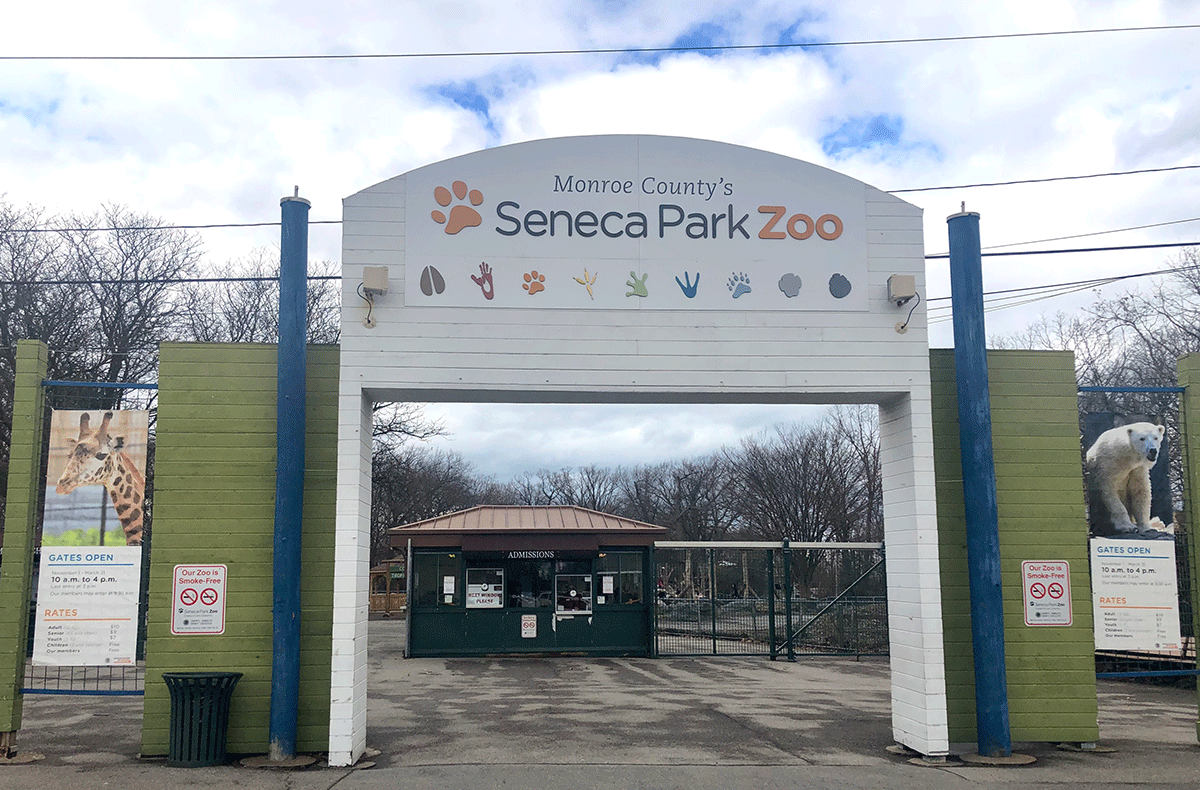

Updated April 1, 2020
Effective March 14, 2020, Seneca Park Zoo will be closed to all guests and volunteers. After consulting with Commissioner of Public Health Dr. Michael Mendoza, Monroe County Parks Director Pat Meredith, and Interim Zoo Director David Hamilton, Monroe County Executive Adam Bello took this precautionary action to protect the health and safety of Zoo guests, volunteers, and staff.
While the Zoo is closed, Animal Care staff will remain on the job and continue to provide excellent care to the animals.
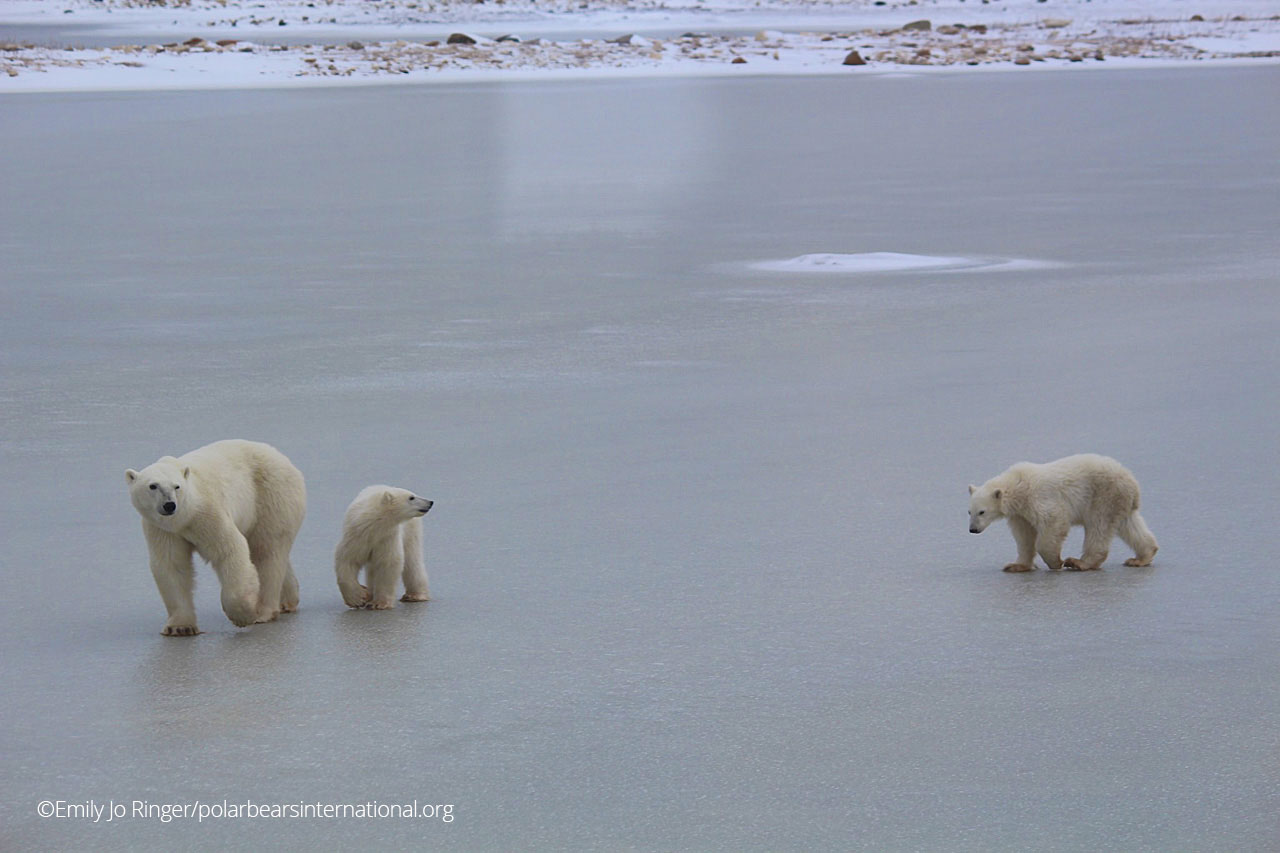

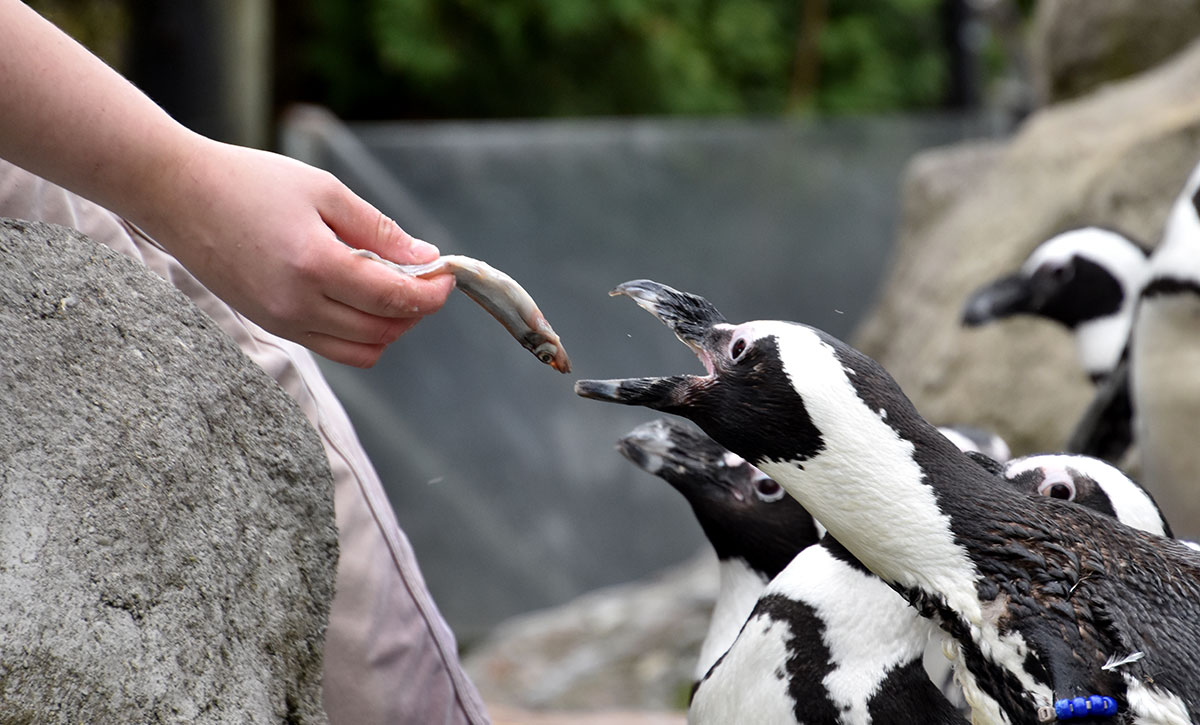

Now through Labor Day, enjoy daily Summer Experiences at the Zoo to learn all about your favorite animals. With 10 experiences daily, including feedings and enrichment demonstrations, there are more opportunities to learn about the animals than ever before. All special programming is free with Zoo admission.
Member Morning – Members-only animal encounters at the Zoo’s Front Gate before the Zoo opens to the public.
Animal Feedings, Experiences, and Enrichments – Demonstrations on how the animals are cared for, stay mentally and physically stimulated, and participate in their daily care.
Keeper Chats – Hear and learn about the animals directly from zoo keepers and zoologists.
Ambassador Animal Encounters – Up-close and personal experiences with one of the Zoo’s ambassador animals.VIEW + DOWNLOAD THE FULL SCHEDULE
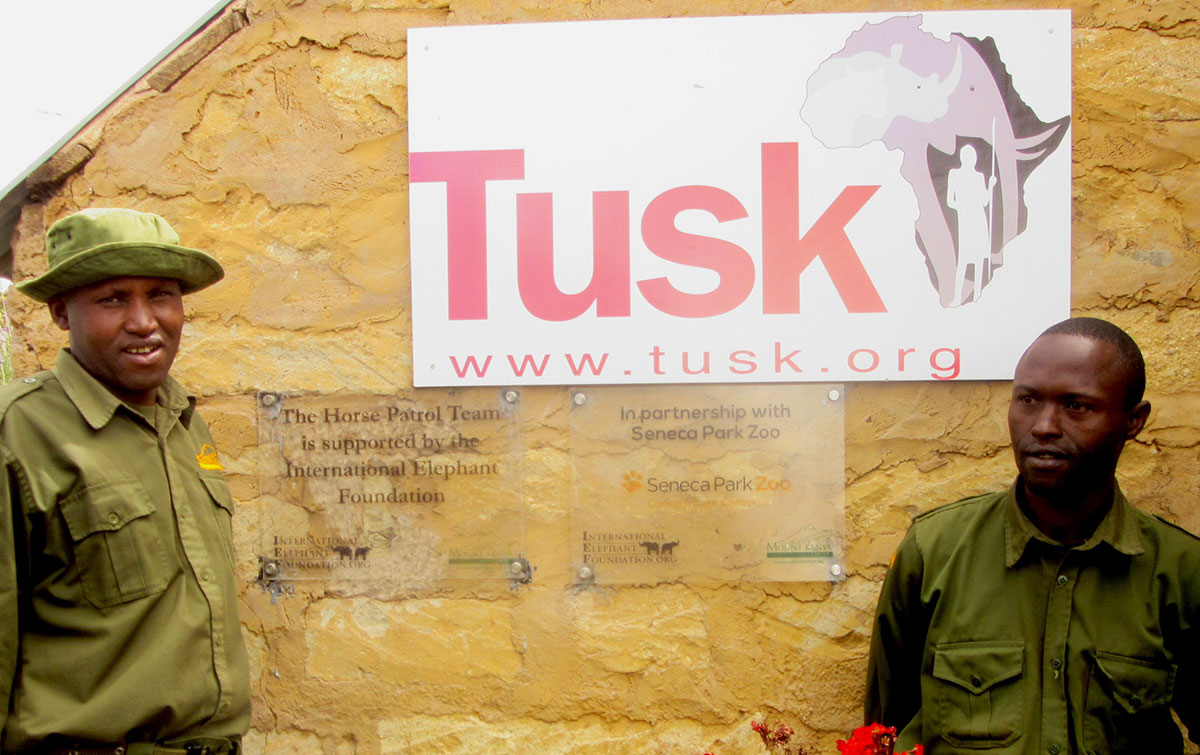

May 22, 2019
Seneca Park Zoo is committed to its mission to conserve wildlife and wild places, and we achieve that mission through partnerships with conservation organizations like International Elephant Foundation (IEF). For the last five years, the Zoo has dedicated funds raised during summer ZooBrews to support the International Elephant Foundation’s work conserving elephants and their habitat in Africa. A major initiative funded by Seneca Park Zoo is the Mounted Horse Patrol Team. The Team operates around the Mount Kenya National Reserve, an area of approximately 1,300 square miles that is home to more than 2,600 African elephants. The use of horses allows the team to reach more remote areas of the reserve and to enhance the efforts of the Kenya Wildlife Service. Our funds support the care of the 10 Ethiopian ponies on the Team, including food, veterinary care, and housing costs, as well as provide the annual stipend for five Patrolmen.The success of the team has been impressive. The team patrols an area in the high-altitude zone of Mount Kenya in which poaching had become a big problem. The team disarms and removes traps, as well as snares placed by poachers to catch a variety of animals for bushmeat. Since the patrols started, there has been a dramatic decrease in the number of traps and snares found. The team has also arrested a number of poachers attempting to sell ivory from killed elephants. The Team’s efforts are paying off – only 15 snares were found in 2017 (versus 283 in 2016). The number of illegal poaching camps has also dramatically decreased to only one identified in 2017.Most important, the Mounted Patrol Team also engages the community. By employing men from the area, the Team provides an important source of income, and team members serve as conservation ambassadors. The Team serves as an early warning for other threats like bushfires and illegal logging or grazing, provides valuable medical treatment to animals caught in traps and snares, and helps destroy poacher camps. Earlier this year, the Team found and controlled a 3,700-acre fire set by arsonists for illegal cattle grazing.Your support of Seneca Park Zoo, and visits to see Genny C, Lilac, Moki, and Chana, allow us to support successful conservation organizations like International Elephant Foundation. Make sure to join us for ZooBrew this summer, where fifty cents of every ticket, and 100% of barn tour sales, directly supports this conservation action project!
– Dr. Louis DiVincenti, Assistant Zoo Director – Animal Care & Conservation
Featured image: Members of the Horse Patrol Team at Base Camp in Mount Kenya with recently installed signs recognizing Seneca Park Zoo’s support.
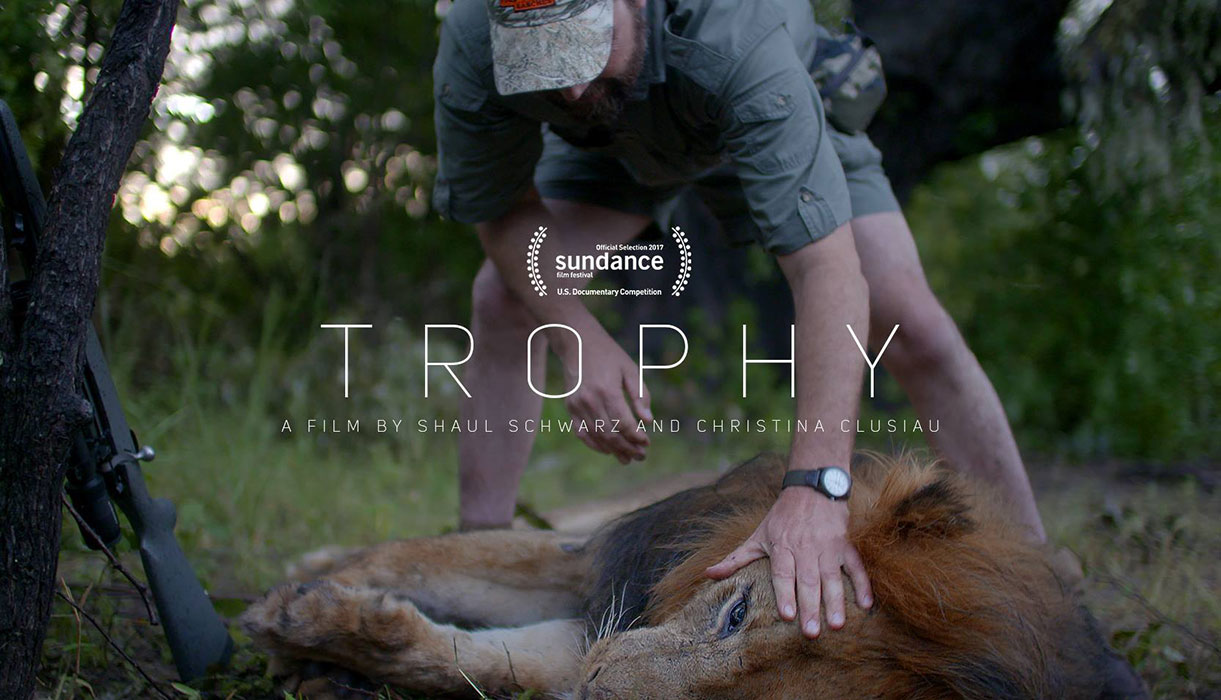

November 27, 2018
Lions are one of Africa’s most iconic predators. Over the past century, the population of this incredible animal has plummeted from over 200,000 to an estimate of about 20,000 today. Conservation of this species is very complex, with one recent report estimating a cost of over 1 billion dollars per year to save this important apex predator. Population decline, habitat loss, poisoning, and hunting are all problems that need to be addressed. These multi-faceted problems require elaborate processes and collaborations between governments, NGO’s and private citizens to amend.
Dr. Craig Packer, renowned author and director of the University of Minnesota’s Lion Research Center, is one of the world’s leading lion researchers and ecologists and has dealt with these problems first-hand. On Saturday, December 1, Craig will be present at The Little Theater in Rochester for a screening of the documentary Trophy, which begins at 2:00 p.m. The screening will be followed by an open discussion with Dr. Packer about the African hunting industry and complexities of wildlife conservation. The ZooShop also has copies of Dr. Packer’s book Lions in the Balance: Man-Eaters, Manes, and Men with Guns.As Africa continues to grow in both population and agriculture, there is a need to protect people from the dangerous animals that inhabit the continent while also protecting natural habitat for the animals to thrive in. As humans encroach into lion territory, natural prey species are depleting which leads lions to seek out livestock as a source of food. Since rural people depend heavily on their livestock, lions are killed in retaliation or even pre-emptively because of the perceived threat.
In an attempt to create a mutually-beneficial solution, many reserves have fenced their boundaries. Although this may sound like an easy solution, fencing in habitat can produce an array of its own problems. Fences help keep lions in the reserve but also cut off the potential of new genetics being introduced to the existing populations.Fenced reserves also demand a higher level of human monitoring to maintain the balance in the ecosystem, which is especially challenging in a time that conservation funding is virtually non-existent in many African countries.
Another growing threat to lions is the unsustainable hunting industry. Trophy hunting is a controversial concept that if done correctly, can strengthen lion populations and fund conservation. However, working with government agencies and NGO’s for lion conservation becomes complex when there are often competing purposes. And that is what the film Trophy conveys – the complex issues surrounding trophy hunting.With all the threats facing the African lion, it is impossible to find a single solution to solve every problem. However, in protected areas where human pressure has been reduced, lion populations are bouncing back. To secure the future of the African lion, research must be done to find the best way to manage protected areas. Seneca Park Zoo partners with the Lion Research Center by supporting SnapshotSafari, a camera trap initiative that relies on volunteers to classify thousands of images. Researchers then use these images to find which reserves have balanced ecosystems and implement conservation strategies from those areas into unbalanced reserves.
Learn more and be a part of the solution by visiting snapshotsafari.org.
– Annie Wheeler, Lead Zoo Naturalist for Programs
Tickets for the screening
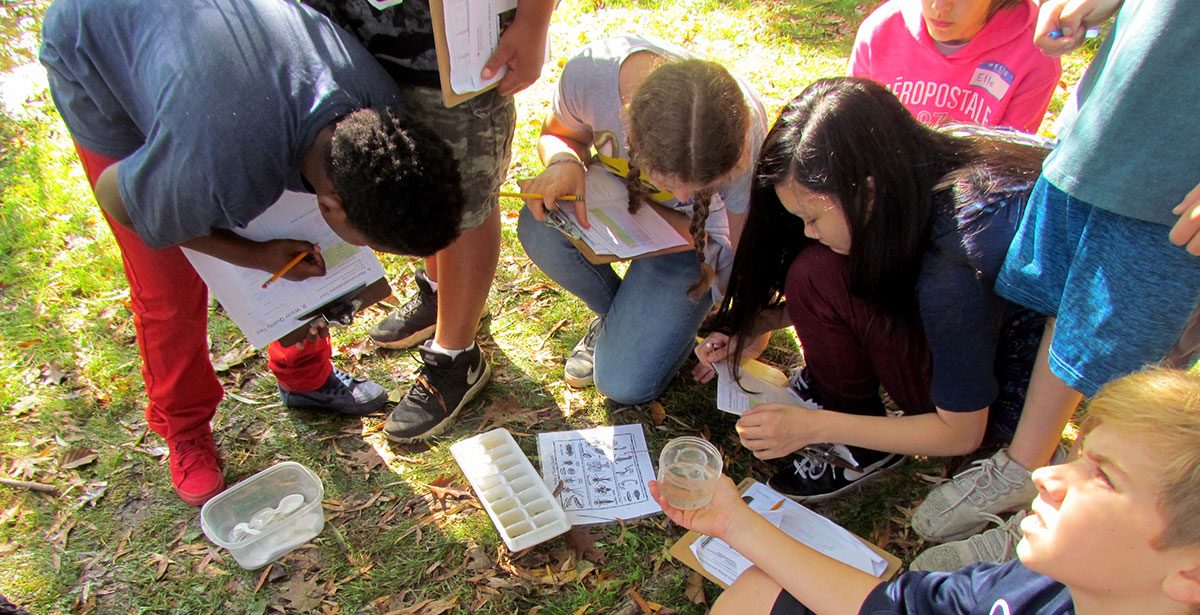

September 26, 2018
School is back in session, fall is upon us, and teachers are back for another year of inspiring children. Here at the Zoo, I am preparing for two of my favorite things—fall field trips and Teacher Appreciation Day.
The Zoo is a beautiful place to visit in the fall. The cooler weather means that many of the animals are more active. We have many deciduous trees on grounds that turn amazing colors and provide a stunning backdrop for observing the animals. I especially enjoy an afternoon stroll through the Zoo where I can hear the male African lion, Chester, defend his territory, successfully as always.We have several schools that always plan their field trips to the Zoo for the fall. I love that we get to help teachers kick off their students’ learning in such a unique way. Many of these schools enhance their visit to the Zoo by booking an Expedition or Animal Presentation. Both programs are taught by Zoo staff and meet Next Gen and New York State science learning standards. We use an inquiry-based approach during these programs, so the students are actively participating in learning about animals and conservation.On Monday, October 8th (Columbus Day) we will host our second-annual Teacher Appreciation Day. This is a special event where we showcase all the ways that teachers can use the Zoo as an outdoor classroom. Teachers receive free admission to the Zoo and a poster that highlights our formal education programs. They will have an opportunity to meet Zoo educators and see what it would be like for their students to experience the Zoo in a new way.
Fall is an exciting time of year full of new beginnings for teachers, students, and Seneca Park Zoo. Enjoy new experiences and spark your students’ curiosity by planning a trip to the Zoo.
– Gretchen Spencer, School and Group Programs CoordinatorExplore Education Programs


September 4, 2018
One of the things I’ve learned in my four years at the Zoo Society is that there are many people, nonprofits, and companies that share our passion for protecting the environment and living more sustainably. And they are taking actions in their own lives and in their business practices to ensure our region has a greener tomorrow. Rochester has always been a hub of innovation, and this movement into the ecological age has brought innovations in every type of business, as well as the inception of entirely new organizations. But – so far – no one was recognizing these successes and sharing these stories. We created the Environmental Innovation Awards to honor the efforts of innovative leaders in our region, and, in so doing, inspire us all. But we didn’t want to just host an awards event: we wanted to bring something new to our region, so we invited internationally renowned green design expert Bill Browning to join us. He’ll speak with all of our guests at our awards breakfast about how (and why) we can bring nature into the workplace, and then he’ll be featured in a symposium, “Innovation Inspired by Nature.”
Bill’s expertise in green design and sustainability has been sought by numerous governmental agencies and major corporations including Google, Walmart and Disney. Bill and I recently were featured on WXXI’s Connections program, and you’ll find a link to the podcast here. Take a listen, and you’ll get a taste of how powerful having Bill Browning with us can be. Special thanks to our lead sponsor CPL, whose support for this event is making possible Bill’s participation. If you know of a person or company that is deserving of recognition for their innovative environmental practices, please consider nominating them and helping us share as many great stories as possible. Awards will be given in five categories: Large Business, Small Business, Nonprofit/Civic, Individual, and Youth. Self-nominations are welcome. Click the button below to find out more. But don’t wait – nominations are due September 10 at noon.
And I hope you’ll join us in celebrating environmental innovation and leadership in our region on October 25. Together, we can all help ensure a greener tomorrow for our region.
– Pamela Reed Sanchez, President and CEO, Seneca Park Zoo SocietyNominate an Environmental Innovator
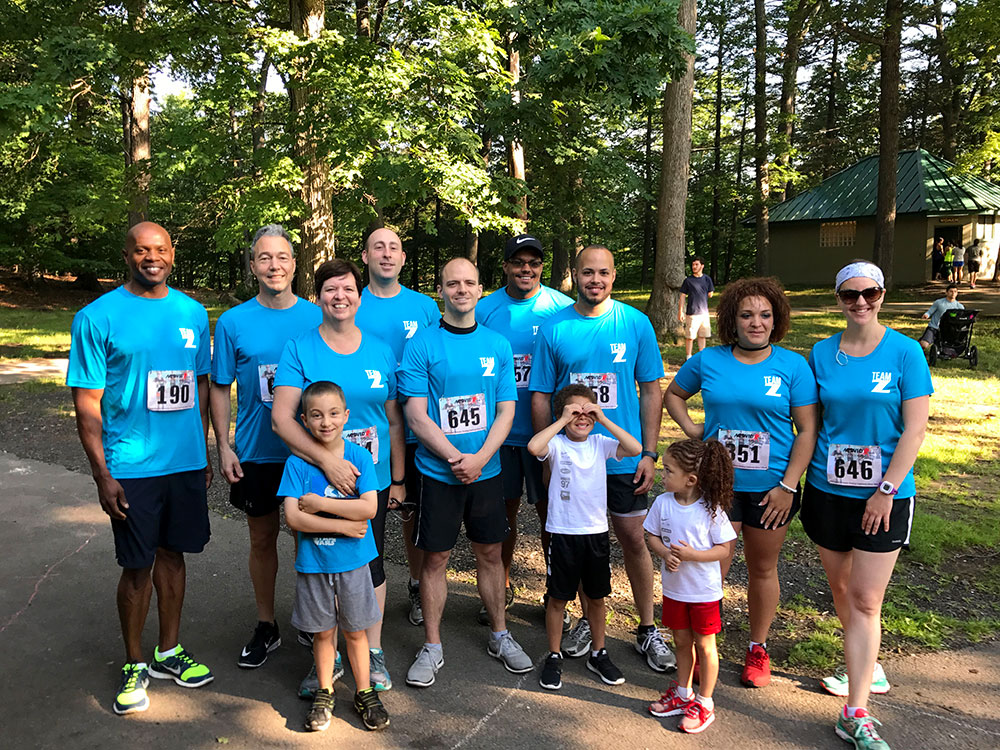

June 26, 2018
Whenever summer rolls around, I find myself counting down the days until the Sunday in July when Seneca Park Zoo Society’s Jungle Jog event reunites me with family from near and far.
I participated in Jungle Jog for the first time six years ago in 2012, alongside my husband Alex, sister Kathy, and mother Kim. That year, my uncle Chris Zunner drove all the way from New York City to surprise us and has made the trip to run this race every year since.
Since 2012, we’ve had quite a few other family members join us at Jungle Jog, including cousins from Niagara Falls and family in Niagara County. In addition to everyone running, we bring with us our very own cheering section – including my dad, my aunt, and my brother’s wife. This event has become a great day for all of us to come together.
This year, Chris even organized a Facebook group to ensure the Zunner family is very aware of the event date. We’re hoping to get even more people involved this year that have yet to run or walk this 5K.We all run the Jungle Jog course at our own pace, and then wait for each other at the finish line. But there’s certainly some healthy competition amongst us!
What I enjoy most about this race is running the beautiful course that takes you through the Zoo and lower Seneca Park. It’s a beautiful park that we don’t get to see very often. The kids in the family really enjoy the Fun Run after the 5K and most years, we take advantage of free same-day admission to the Zoo.
It’s always fun to run a race that you not only enjoy, but you know the money you spend is going to a great cause. You also won’t find a happier or more fun crowd supporting you along the course.
Jungle Jog is a day our family looks forward to every year, knowing we’ll not only get to see other, but we’ll have a great time for a great cause.– Kelly Zunner Daniels
Runners:
Alex Daniels
Kim Zunner
Kathy Zunner
Christopher Zunner
Nick Sturdivant
Marc Sturdivant
Brianna McDougald
Kyle Zunner
Rodney FisherRegister for Jungle Jog